Featured Speaker Bios
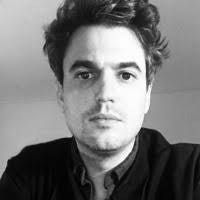
Frédéric Baitinger
Associate Researcher at the Chaire de Philosophie à l'Hôpital, GHU Sainte-Anne, Paris – Psychiatrie & Neurosciences

Shima Beigi
CEO and Founder of Triple AI Therapeutics for Mindful Smart Cities and Senior Scientist at Human Energy
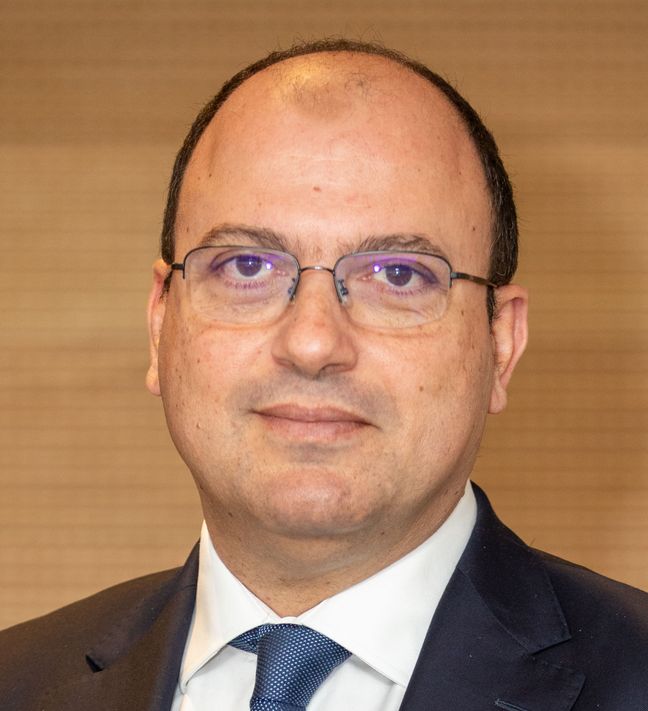
Amine Belemlih
Associate Professor at UM6P and Director of the LTA Center of Excellence (Leading Transformations in Africa)
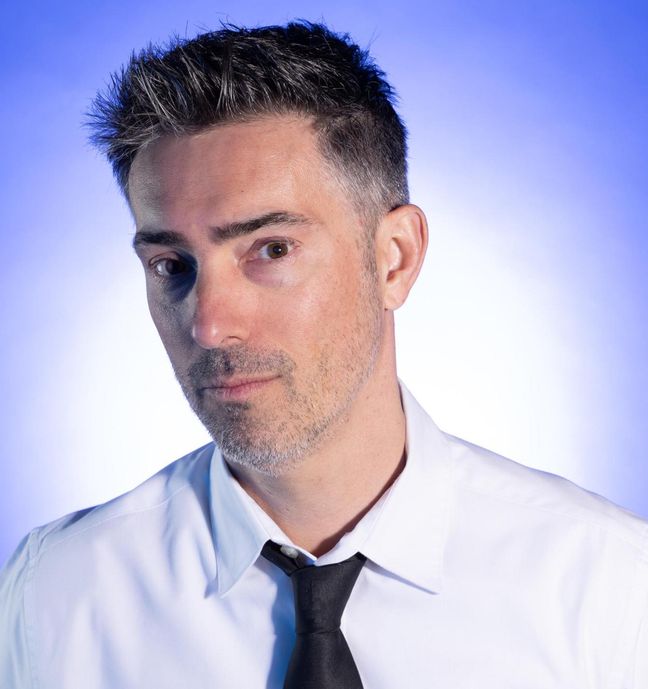
Johan Bollen
Professor of Informatics and Cognitive Science and Chair of the Informatic Department at Indiana University, Director of the Center for Biomedical and Social Complexity
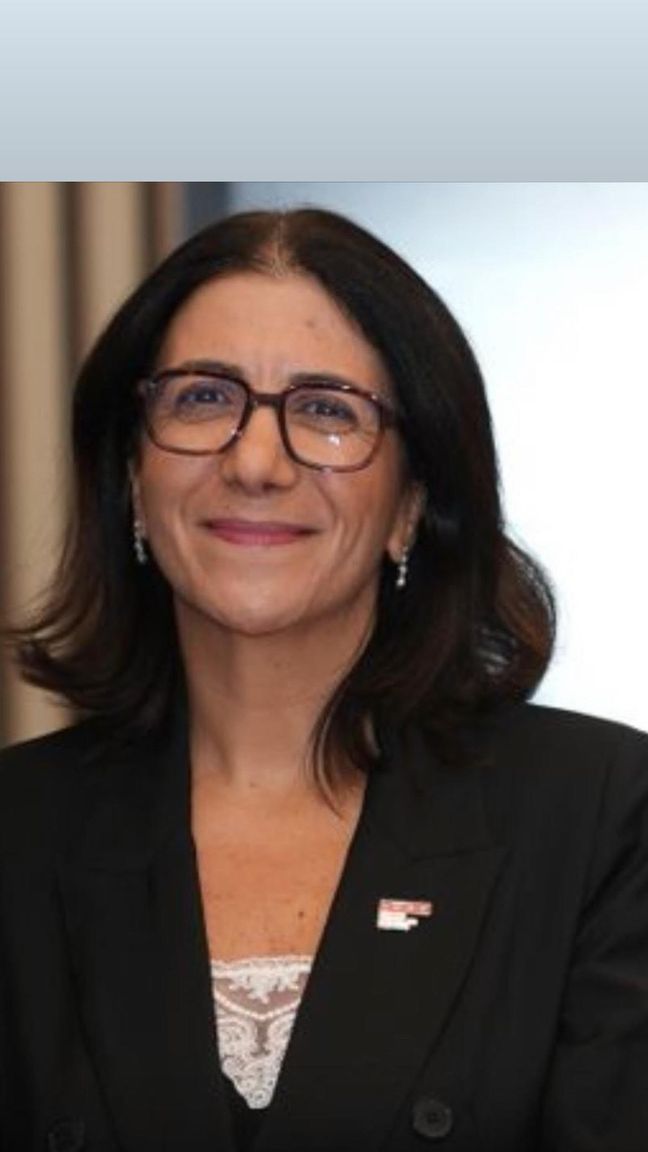
Nawal Chraibi
Managing Director at MAScIR Foundation, Executive Director of Institute for Advanced Studies (UM6P)
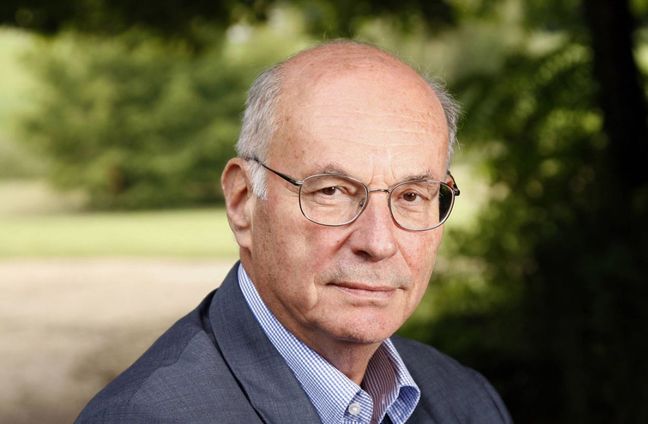
Boris Cyrulnik
Renowned French neuropsychiatrist, ethologist, and author, widely recognized for his work on psychological resilience | Université de Toulon
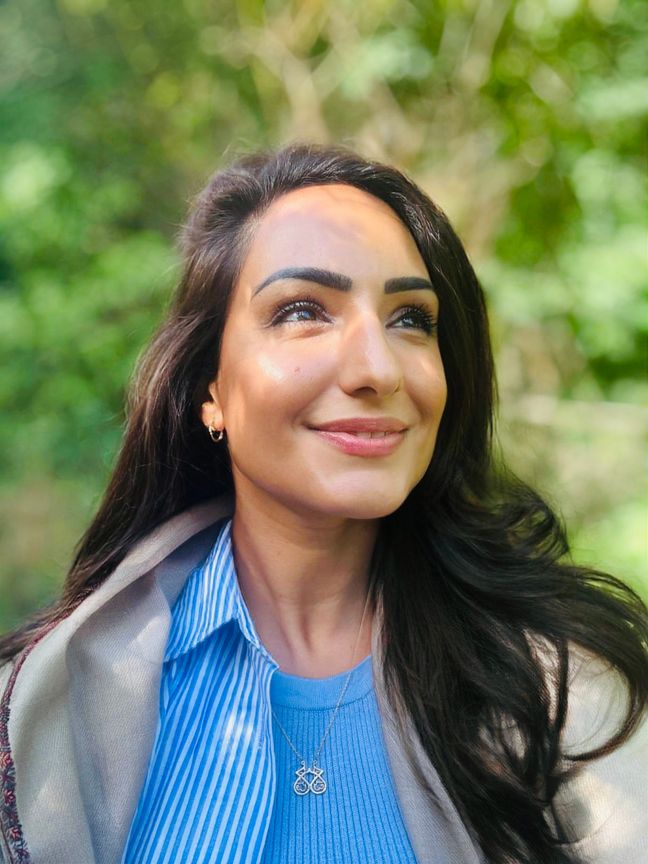
Seren Dalkiran
Award-Winning Innovator & Researcher on New Leadership Paradigms, Founder Synergized Earth Network (SEN) & Millennial Leadership Lab (MLL)
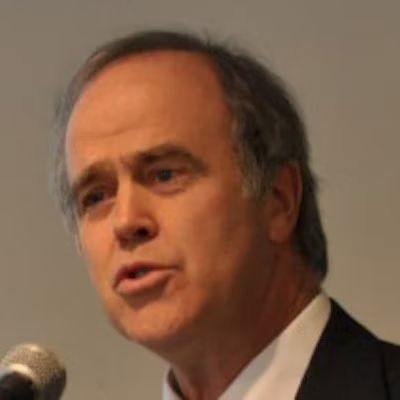
Terrence Deacon
Professor Emeritus of Anthropology at University of California, Berkeley, Member of Human Energy Advisory Board and Chair of Science Steering committee
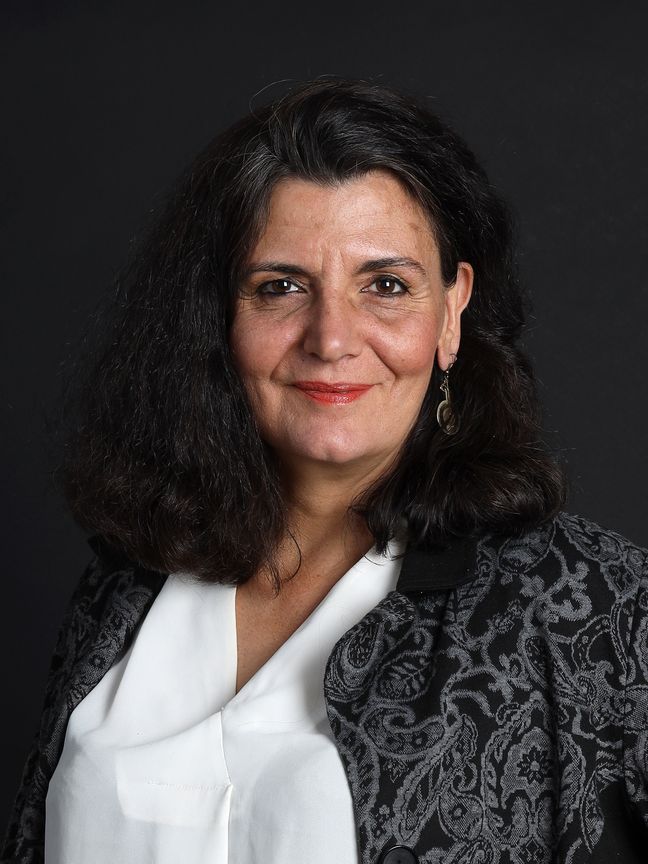
Isabelle Delannoy
Agricultural Engineer, Co-founder of L’entreprise symbiotique, Professor of Regenerative Economics at CNAM (Conservatoire National des Arts et Métiers)
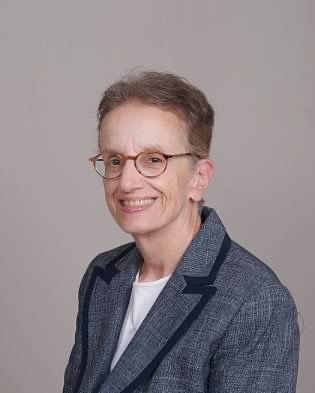
Ilia Delio
Theologian, Villanova University, Doctorate in Pharmacology, Founder and CEO of the Center for Christogenesis

Souleymane Bachir Diagne
Professor of French and Philosophy at Columbia University, Member of the Royal Academy of Morocco.
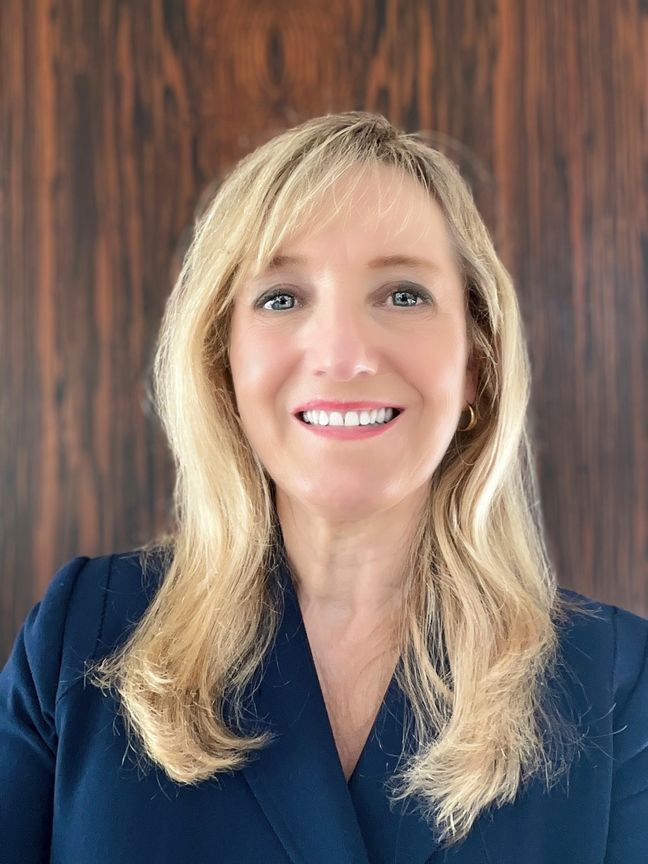
Abre Fournier
Researcher, Consultant, and Facilitator for Integrated Sciences of Transformation in Contemporary Cognitive Sciences and Asian Philosophical Traditions
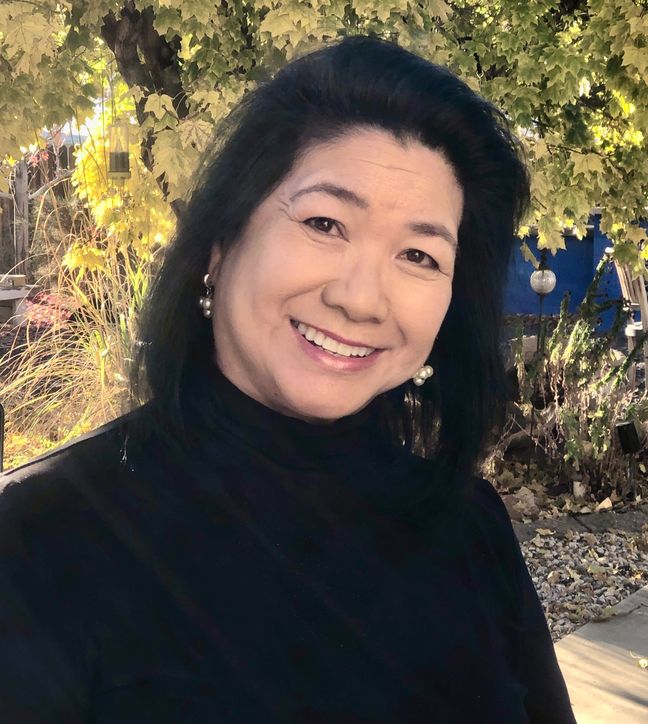
Dee Frewert
Senior Director in Oracle’s Supply Chain Management (SCM) Center of Excellence | Leader, Mentor and Coach in Non-Profit Community Organizations
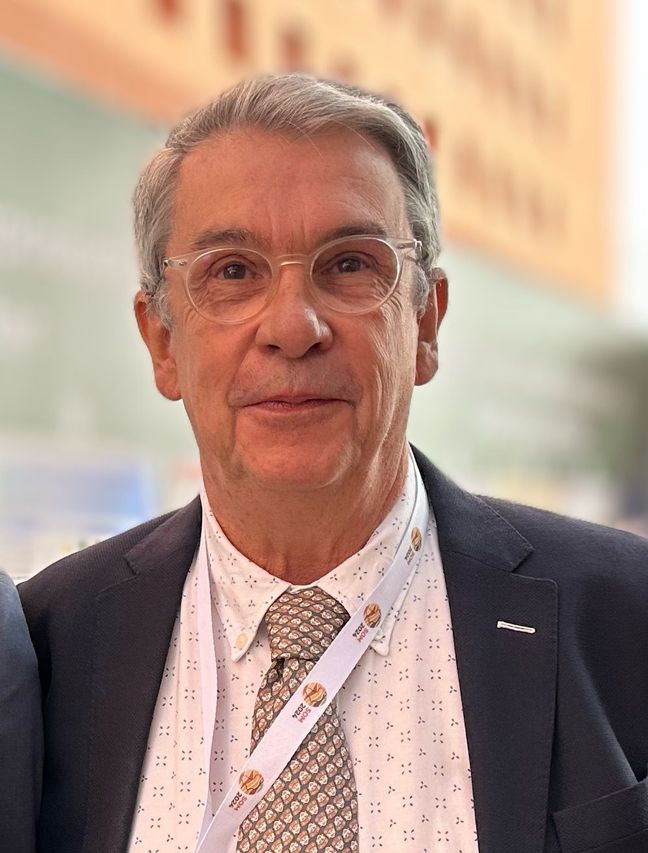
Bruno Gérard
Dean of the College of Agriculture and Environmental Sciences at Mohammed VI Polytechnic University (UM6P), Morocco
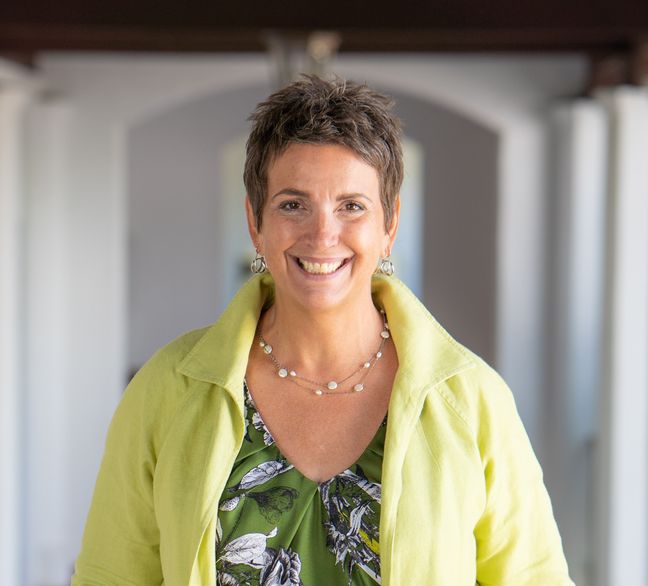
Sheila Hassell Hughes
Professor at Saint Mary’s College of California and Chief Operating Officer at Human Energy
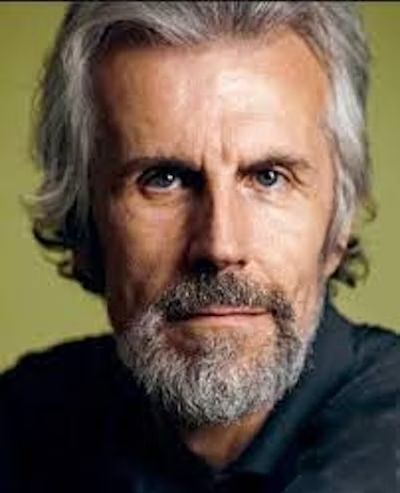
Francis Heylighen
Director of Center Leo Apostel at Free University of Brussels, Member of Human Energy Advisory Board and Science Steering committee
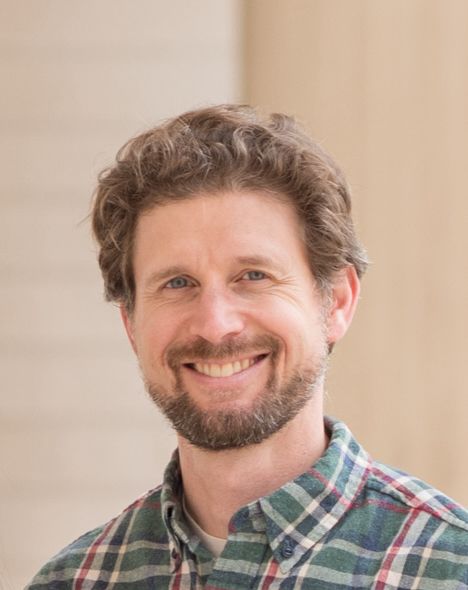
Michael Jacob
Assistant Professor at UCSF, Psychiatrist at the SFVA Medical Center, and Researcher at Human Energy
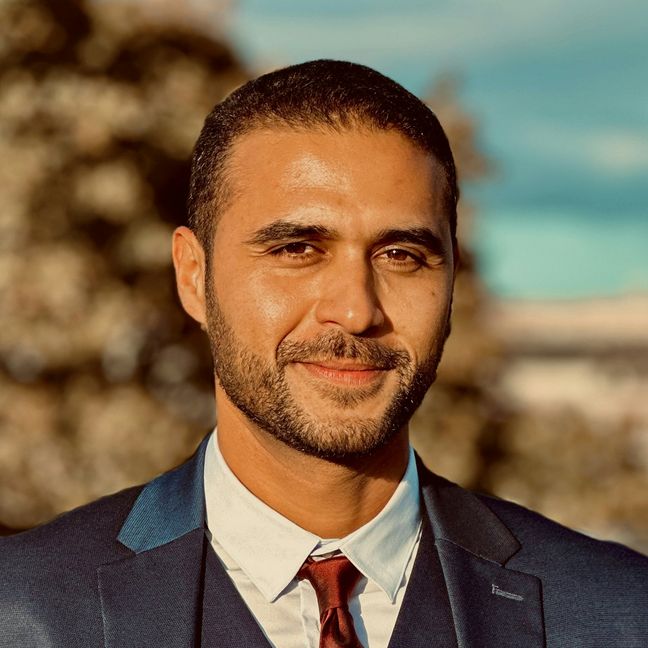
Marouane Jaouat
Postdoctoral Researcher, Chair of Transitions, Institute for Advanced Studies (IAS) - UM6P
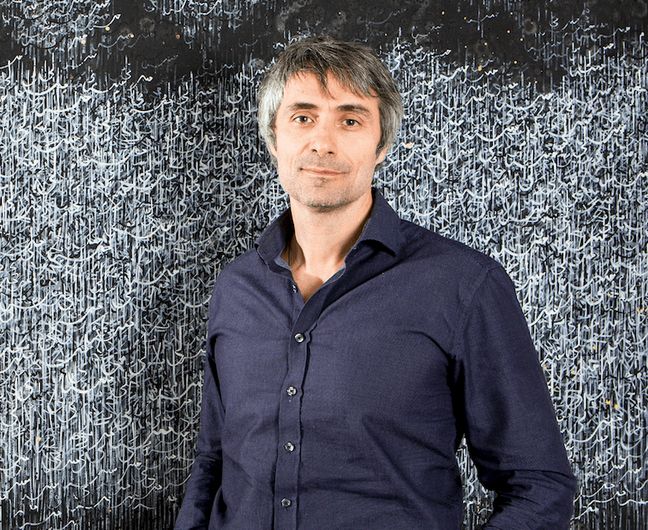
Raphaël Liogier
Sociologist and Philosopher, Institut d'Études Politiques d'Aix-en-Provence
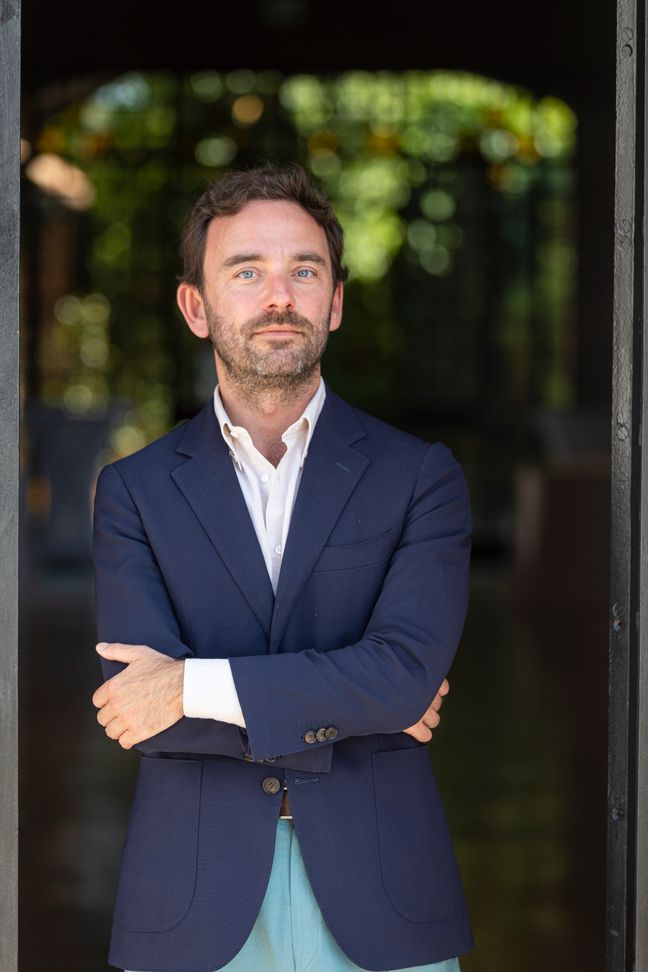
Lorenzo Marsili
Italian philosopher, political activist, and social entrepreneur
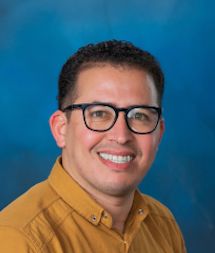
Youssef Moulane
Institute of Applied Physics (IAP) at UM6P
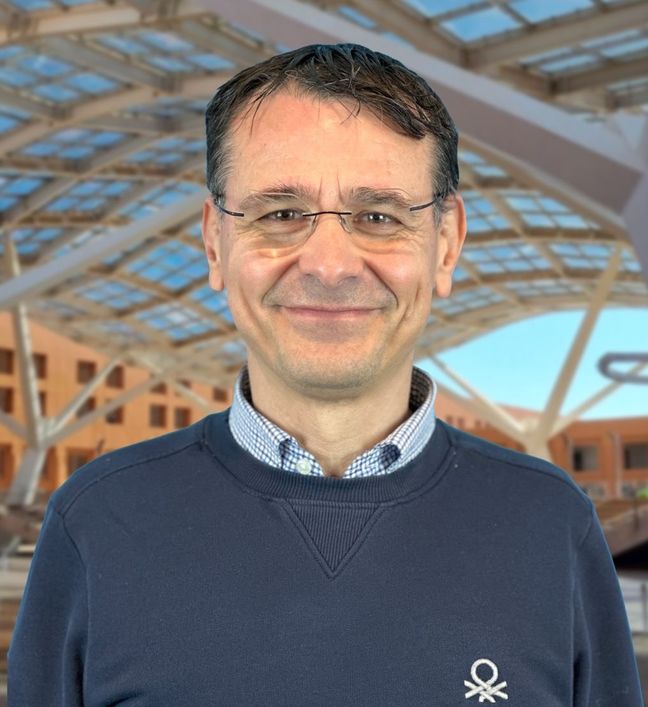
Giuseppe Orlando
Resident at IAS UM6p, Department of Economics and Finance (DEF) and Department of Mathematics (DM) of the University of Bari (Italy)
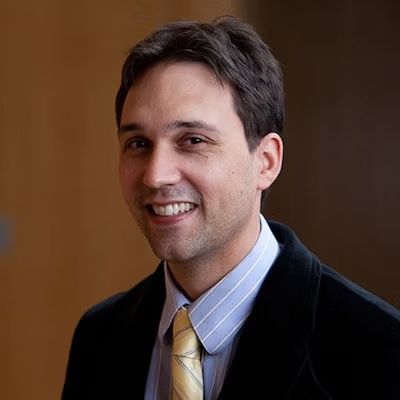
Michael Pirson
Professor of Global Sustainability & Social Entrepreneurship at Fordham University, Consultant to Human Energy
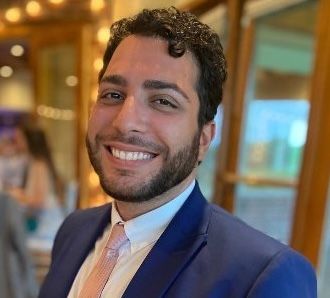
Parham Pourdavood
Research Assistant at University of California, San Francisco, and Researcher at Human Energy
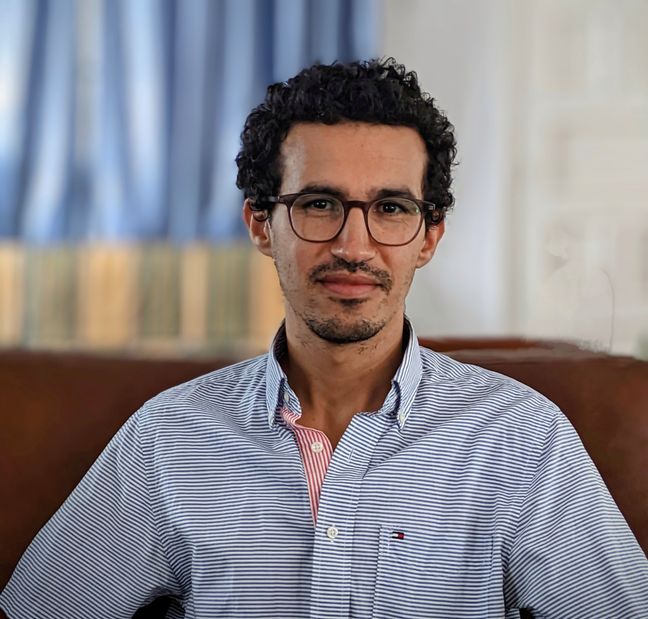
Montassir Sakhi
Anthropologist, Resident at the Institute for Advanced Studies (UM6P), Associate researcher at KU Leuven (Belgium)
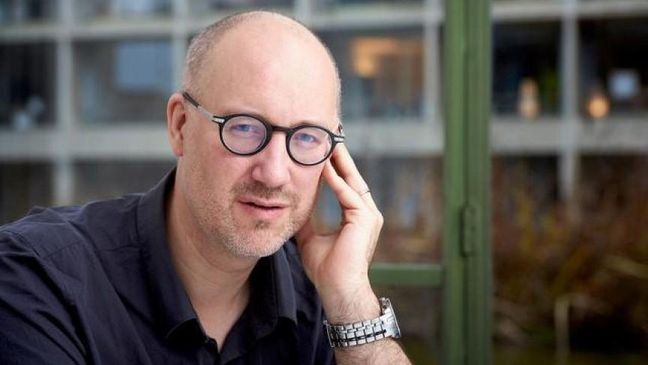
Olivier Servais
Anthropologist and Historian at Université catholique de Louvain (UCLouvain)
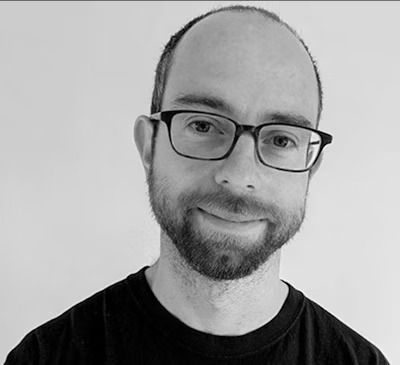
Boris Shoshitaishvili
USC-Berggruen Fellow with a background in evolutionary biology, comparative literature, and classical studies
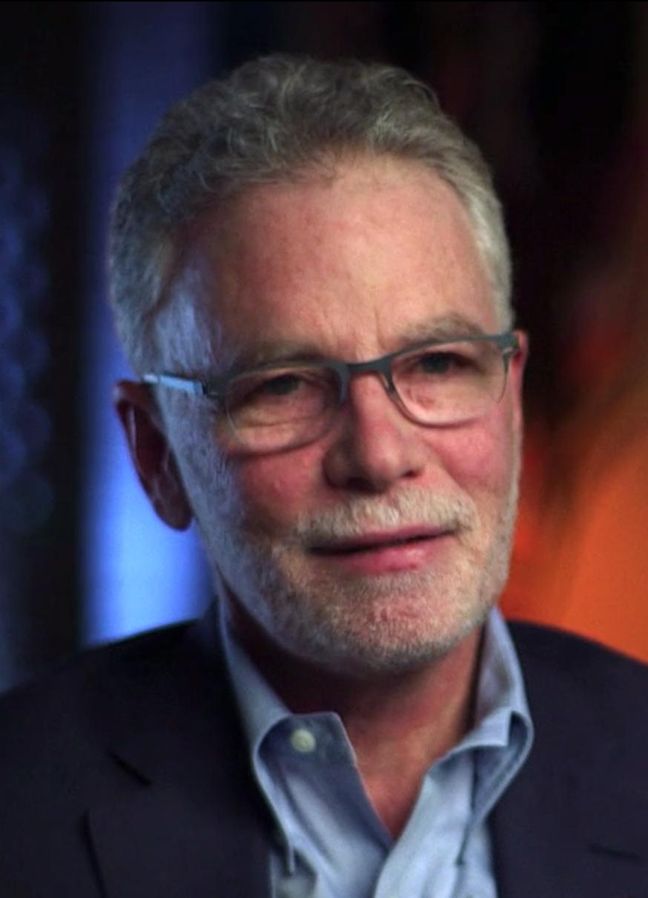
Gregory Stock
CEO, Socratic Sciences; Founding Co-Director, Precision Wellness Center, Icahn School of Medicine; Founding CEO Signum Biosciences; Best-Selling Author, HE advisor.

Sadie Stock
Computational Neuroscience and Business Student at University of Southern California, Chair of Human Energy Youth Advisory Board
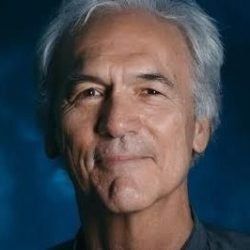
Brian Swimme
Professor of Evolutionary Cosmology California Institute of Integral Studies, Member of Human Energy Advisory Board and Chair of Dissemination Steering committee
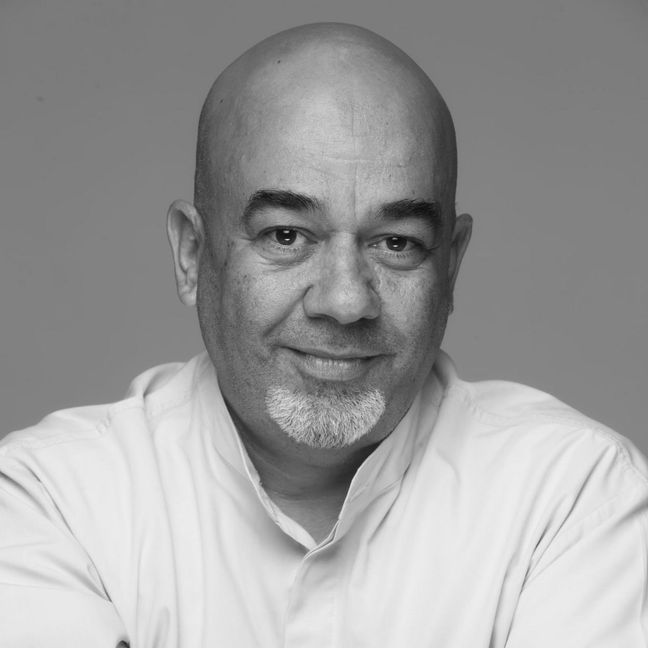
Saâd Tazi
Head of Open Minds Art and Culture Department of the UM6P, Steering committee of the IAS, Member of the President's office, Anthropology lecturer at the School of Medicine and the School of Architecture

Tomás Veloz
Professor at Universidad Tecnologica Metropolitana (Chile) & Director at Foundation for Interdisciplinary Development of Science, Technology and the Arts (Chile) & Researcher at Centre Leo Apostel at Free University of Brussels (Belgium)
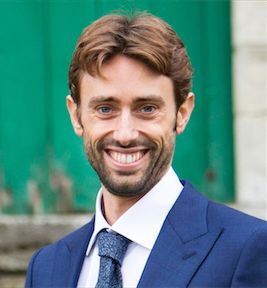
Clément Vidal
Author and Philosopher, Free University of Brussels and Human Energy
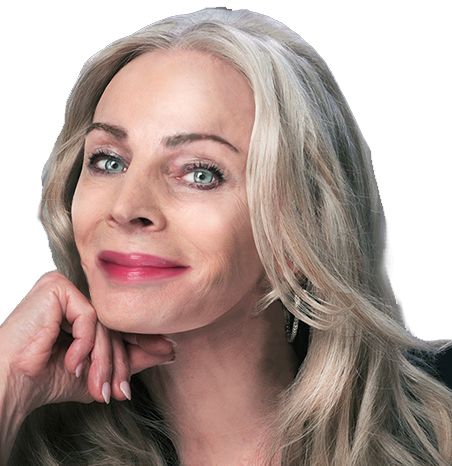
Natasha Vita-More
Award-Winning creative and futurist, achieved scientific discovery in cryobiology, Distinguished Senior Fellow Center for Future Mind, Faculty at Geneva College Longevity Science